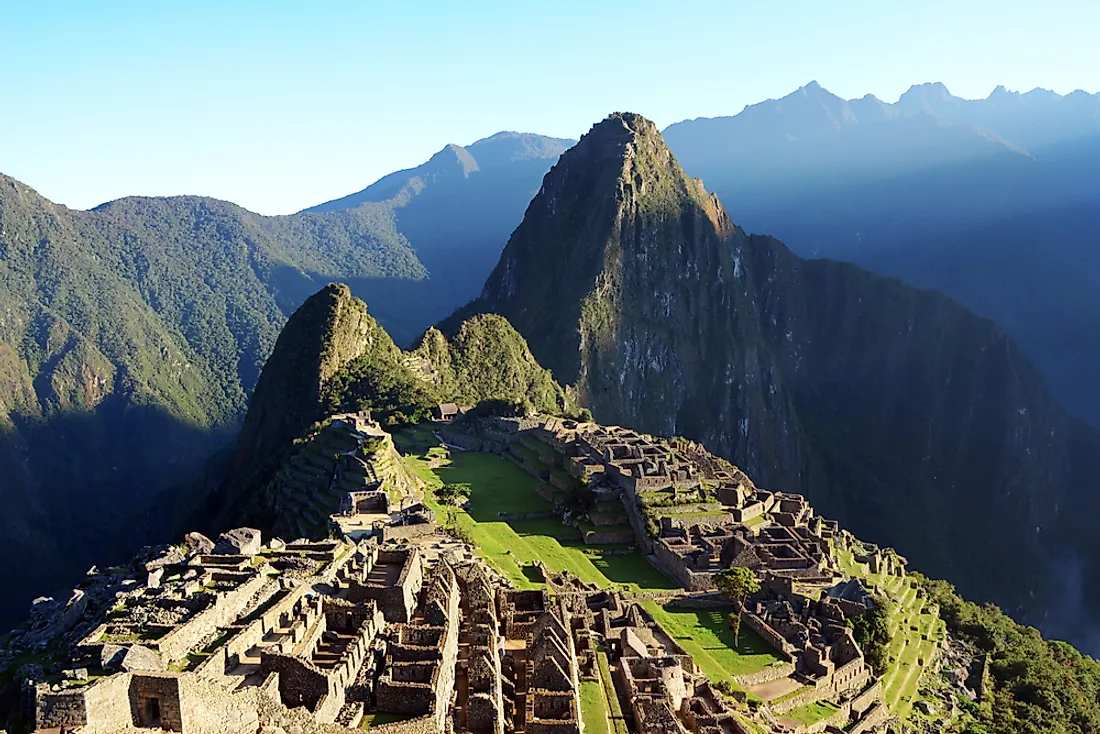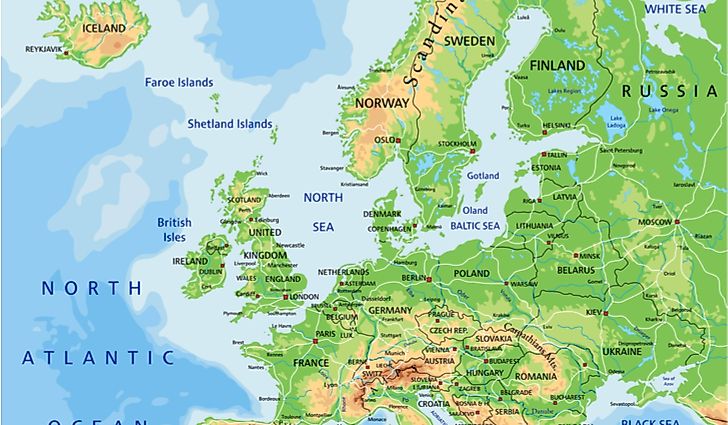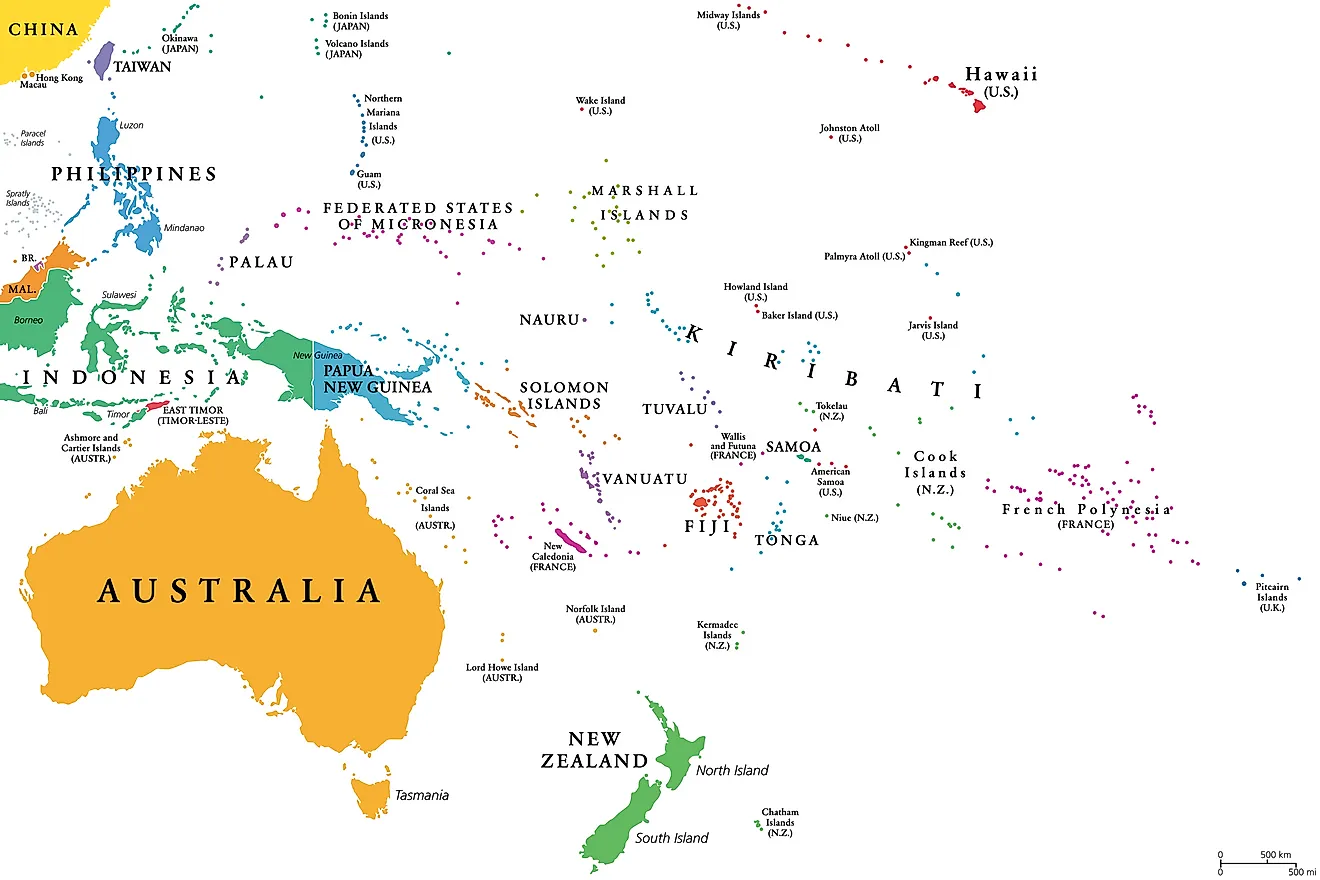Most Controversial Winter Olympic Games Ever

The Olympic Games is a multi-sport event held after every four years, with participants who represent their respective countries in different events. The Winter Olympics include sports conducted on snow or ice. The Winter Olympic Games have evolved since their inception in 1924 to include more disciplines and sports. It has been hosted by eleven countries in three continents with the US hosting the games on four occasions. Scandals and controversies have characterized the Winter Olympic Games since its inception from the process of awarding the host city, doping scandals, to on-the-field controversies.
8. Sochi, Russia - 2014
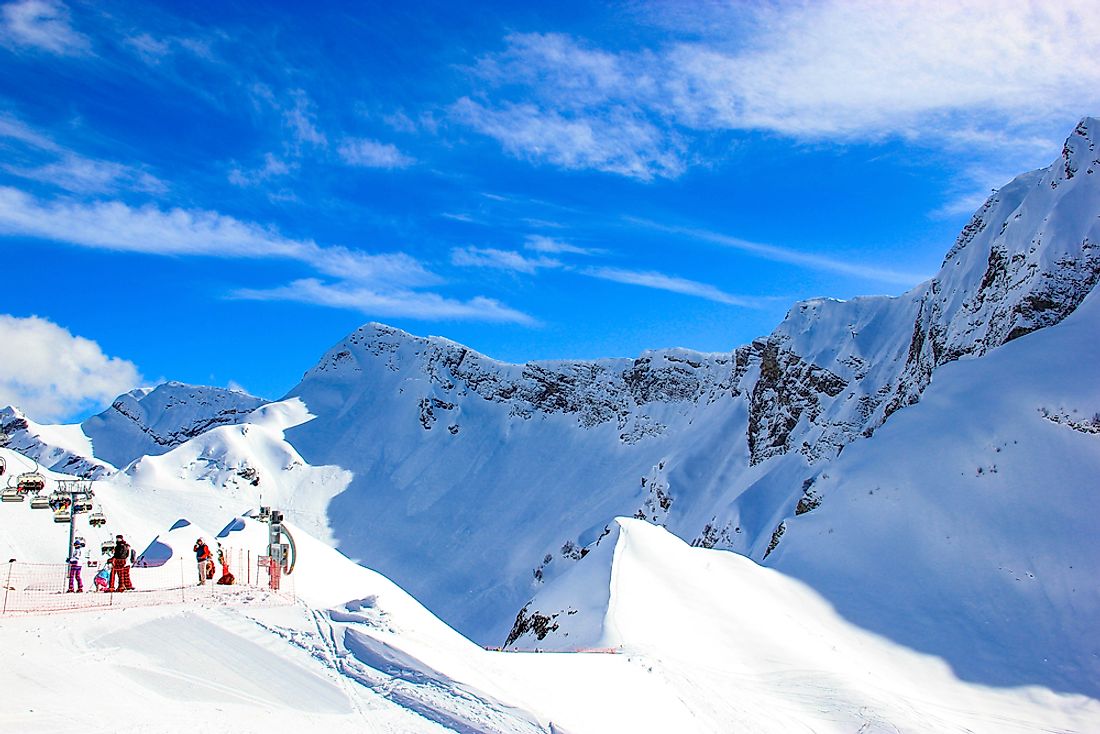
The 2014 Winter Olympics held in Sochi, Russia was the first Winter Olympics hosted by Russia since the breakup of the Soviet Union. Controversies and concerns surrounded the games in Russia. The Russian policies on LGBT community raised concerns. The country had passed laws which discriminated against the LGBT community in 2013 raising questions about the fairness of the host. Russia had restricted the rights to freedom of speech, association, and assembly in the run-up to the 2014 Winter Olympics. These restrictions were considered unjust. Human rights abuses were also linked to Russia’s preparation for the games. The event judging was also at the center of controversy with the US and Russia accused of swapping votes with US voting for Russia athletes in various disciplines. During the opening ceremony, a man attempted to hijack Pegasus Airline demanding to be flown to Sochi. The construction of Olympic venues also caused environmental concerns while the action to exterminate stray dogs raised international condemnation.
7. Vancouver, Canada - 2010
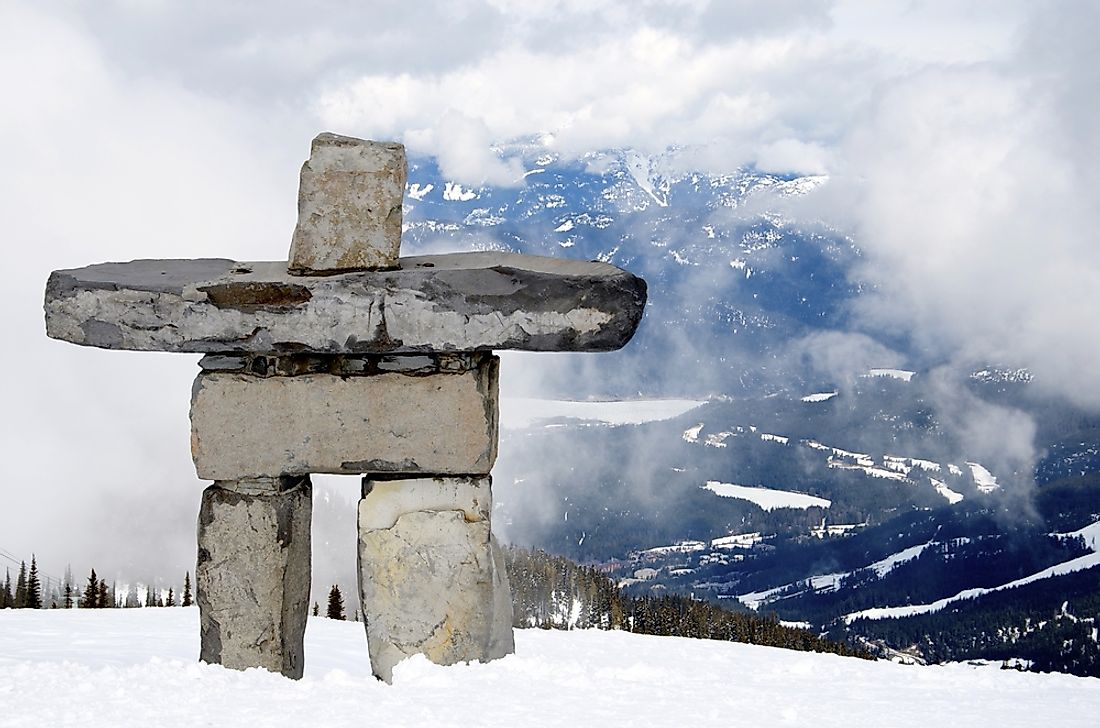
The 2010 Winter Olympic Games took place in Vancouver, Canada. During athlete training, a Georgian athlete was killed in an accident when his luge hit a steel pillar. Whistler Sliding Center was a site for several non-fatal accidents during the training sessions before the start of the games. The French-speaking Canadians were perceived to have been discriminated upon during the opening ceremony. The ceremony did not reflect Canada’s bilingual status. The H1N1 virus was also a large concern as the event was being held at a time when the virus was prevalent in most countries. A human right violation such as arrest and detention of protesters characterized the preparation for the event by the Canadian Authorities.
6. Salt Lake City, United States - 2002
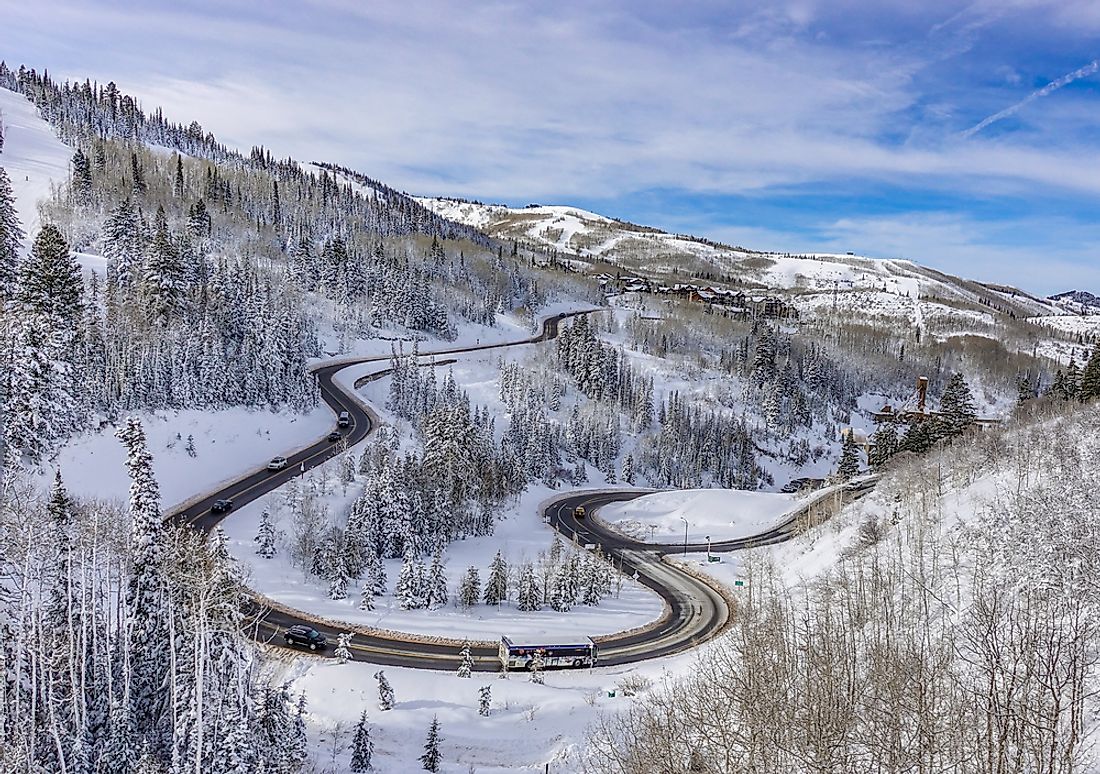
The 2002 Winter Olympics took place in Salt Lake City, Utah, United States. Part of the International Olympic Committee Members was accused of accepting a bribe from Salt Lake Bid team Committee in return for voting for the city to host the Games. A large number of athletes were disqualified from the Games for failed drug tests. Three cross-country skiing athletes from Spain and Russia tested positive and were disqualified, leading to Russia threatening to withdraw from the competition. French judge’s score was thrown out with two gold medals awarded in the pair’s figure skating competition. Many ice-skating judges were accused of corruption with several arrests made in the process.
5. Lillehammer, Norway - 1994
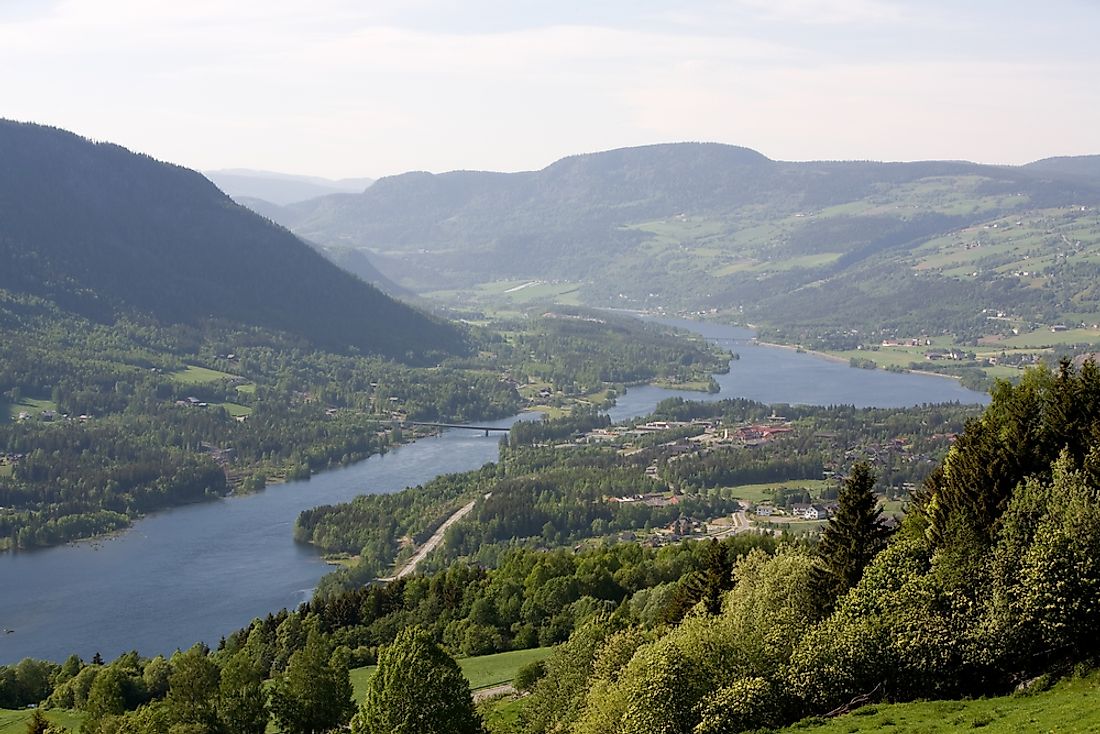
The 1994 Winter Olympics held in Lillehammer, Norway was the first Winter Olympic to be held different from the Summer Olympic year and the first to be held two years following the previous Winter Olympics events. The 1994 Winter Olympics was one of the most successfully held Winter Olympic Games without a major controversy reported. However, the olympics occured amidst the controversy involving the US figure skaters Tonya Harding and Nancy Kerrigan. One month prior to the games, Harding's ex-husband had arranged for an attack on her rival Nancy Kerrigan. Many were upset that Harding's participation in the Olympics was still permitted, although her performance was lower than what was expecte while Kerrigan was awarded silver medals.
4. Turin, Italy - 2006
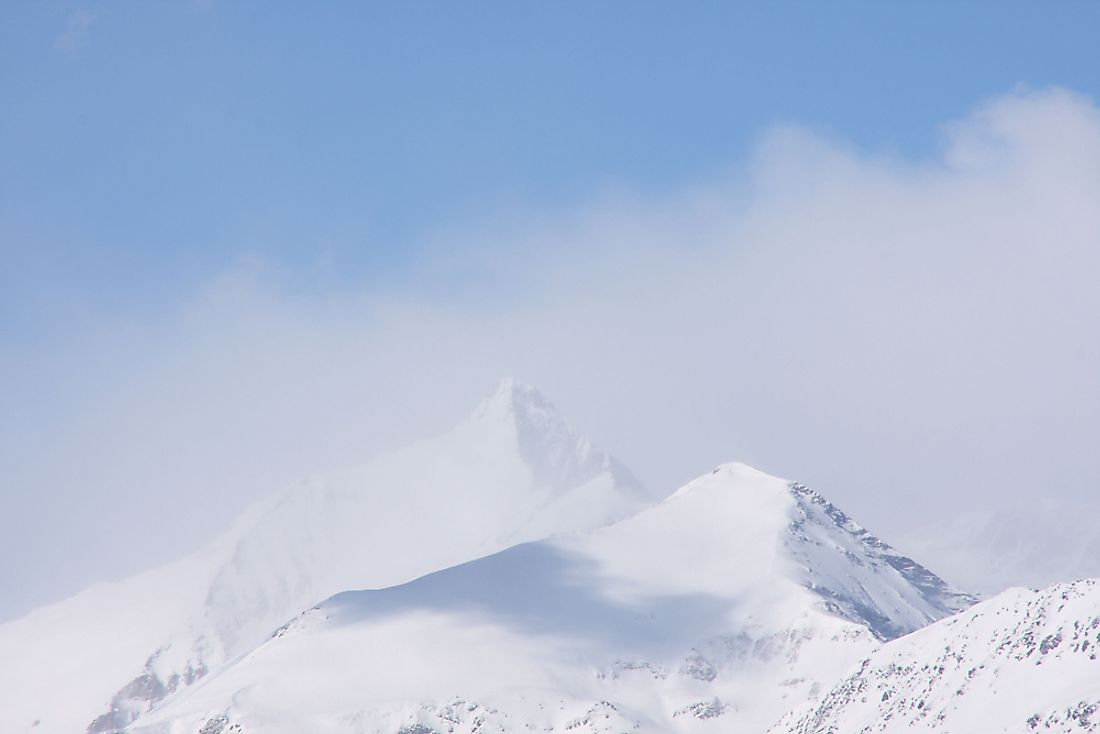
The 2006 Winter Olympic Games was by and large a successful event held in Turin, Italy despite the issues of cost of coverage and the international attendance. The event was not as controversial as the 2002 Winter Olympics. However, the Italian police raided the Austrian Athletes’ village on suspicion of doping. The raid was necessitated by the presence of biathlon Walter Mayer who had been expelled from the Olympic events including the athletes’ villages due to the doping convictions. Mayer and two biathletes escaped during the raid and fled to Austria where they confessed to having been involved in taking part in the conspiracy.
3. Lake Placid, United States - 1980
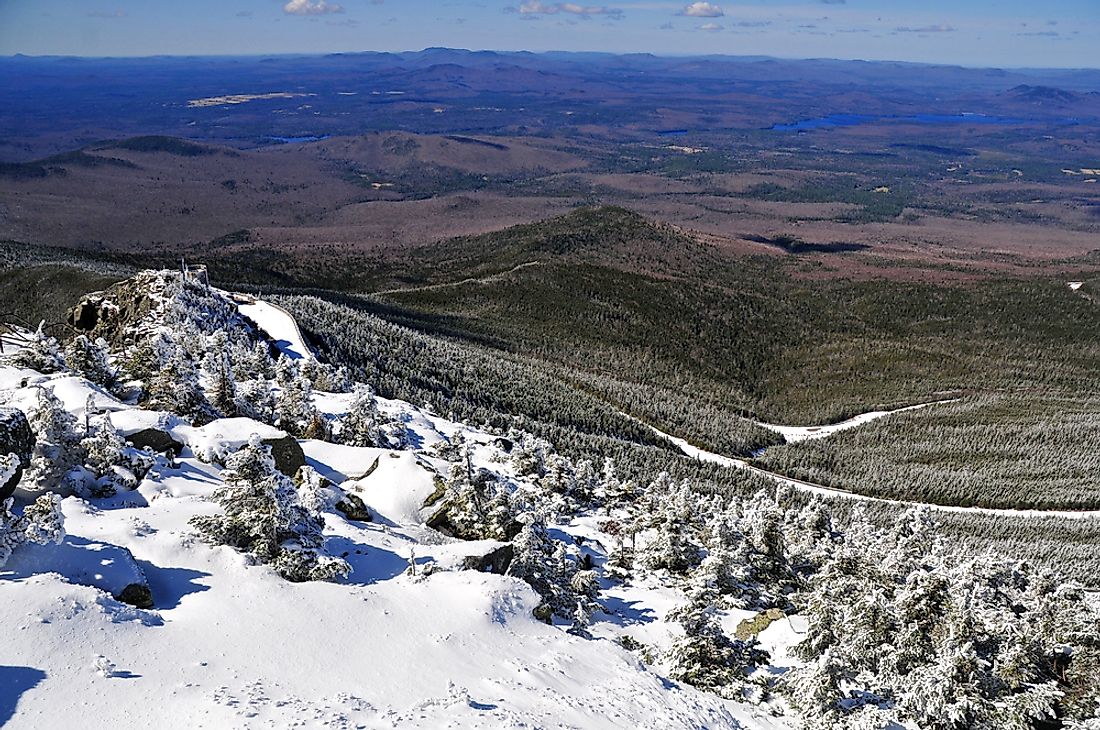
The 1980 Winter Olympic Games were held in from February 13 to 24, 1980 in Lake Placid, United States. It was the second time that they were held in this location. Artificial snow was used for the first time during the event, and it was the last Olympic to be opened by the Vice President of the US. Taiwan boycotted the winter games because China has been allowed to participate in the games under the name the Republic of China which had been Taiwan’s name in the previous competitions. Proceeding the Olympic games, Lake Placid was successful in converting Olympic housing into prisons despite the poor living conditions, a move that was widely criticized.
2. Nangano, Japan - 1998
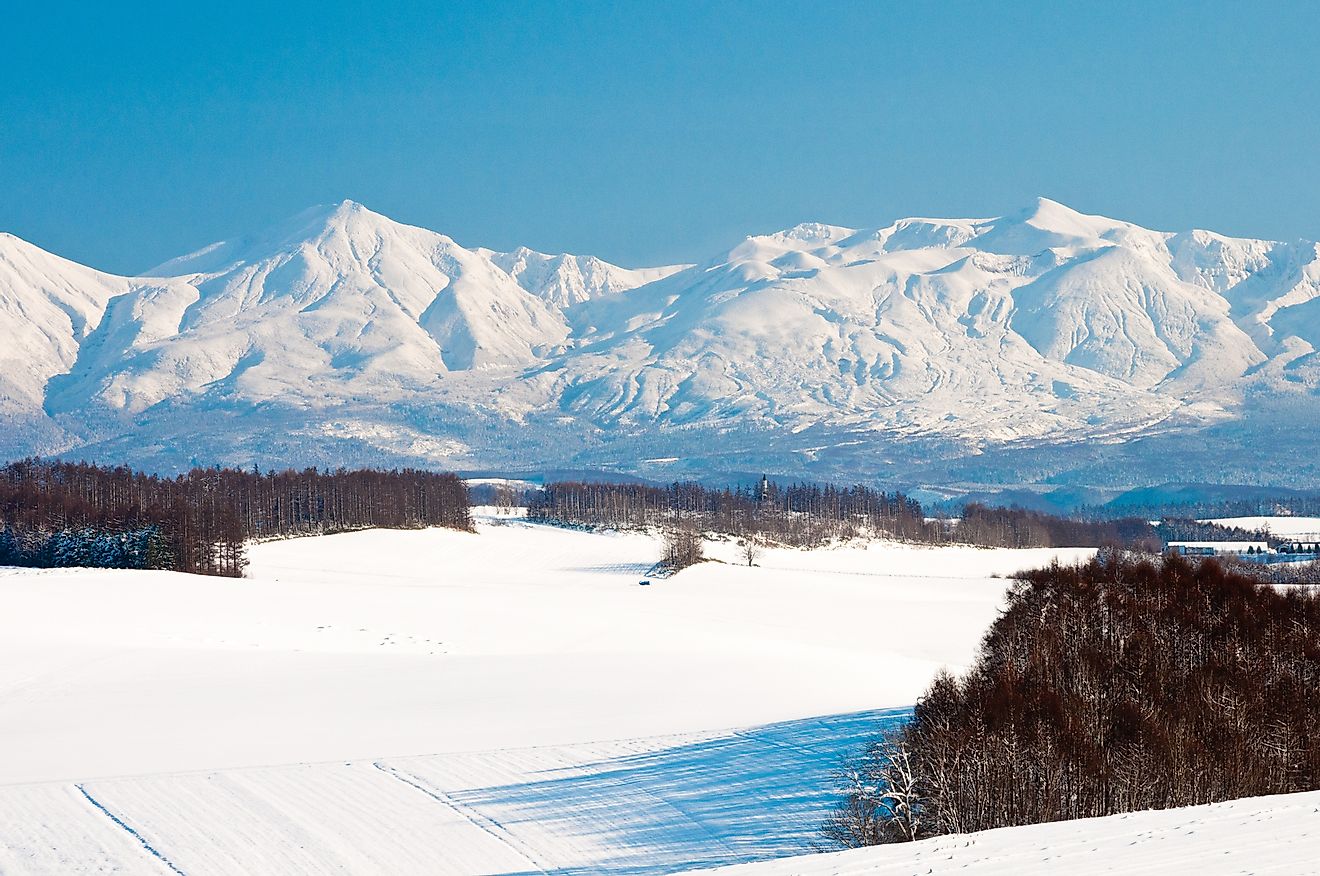
The 1998 Winter Olympics was held in Nagano, Japan with 2,176 athletes from 72 countries taking part in the 68 events. The Olympic event was largely successful without major controversies. Japan had previously hosted two Olympic events successfully. However, a judge in the dancing event recorded a fellow judge who was trying to pre-ordain the result highlighting the possibility of more corruption in that event. The controversy almost led to the ice dancing event from being stripped its status as an Olympic event.
1. Grenoble, France - 1986
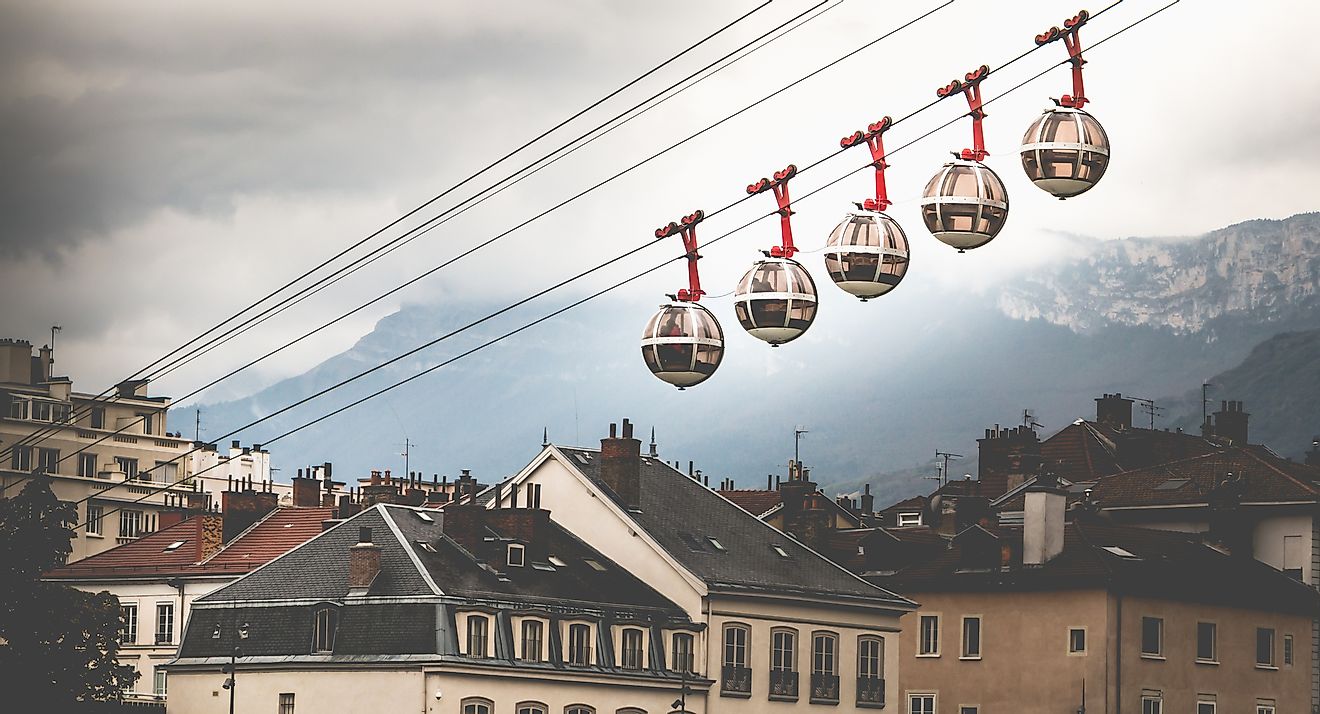
The 1968 Winter Olympics were held in Grenoble, France with 37 countries taking part. During the Games, Jean-Claude Killy managed three alpine skiing medals after veteran Karl Schranz was disqualified for missing a gate on the upper part of his run. Schranz had recorded the fastest time after he was given a restart claiming to have been obstructed by a mysterious man. Schranz was stripped of the medal and was awarded to Killy. The controversy was regarded as the greatest controversy in the history of the Winter Olympic Games.

